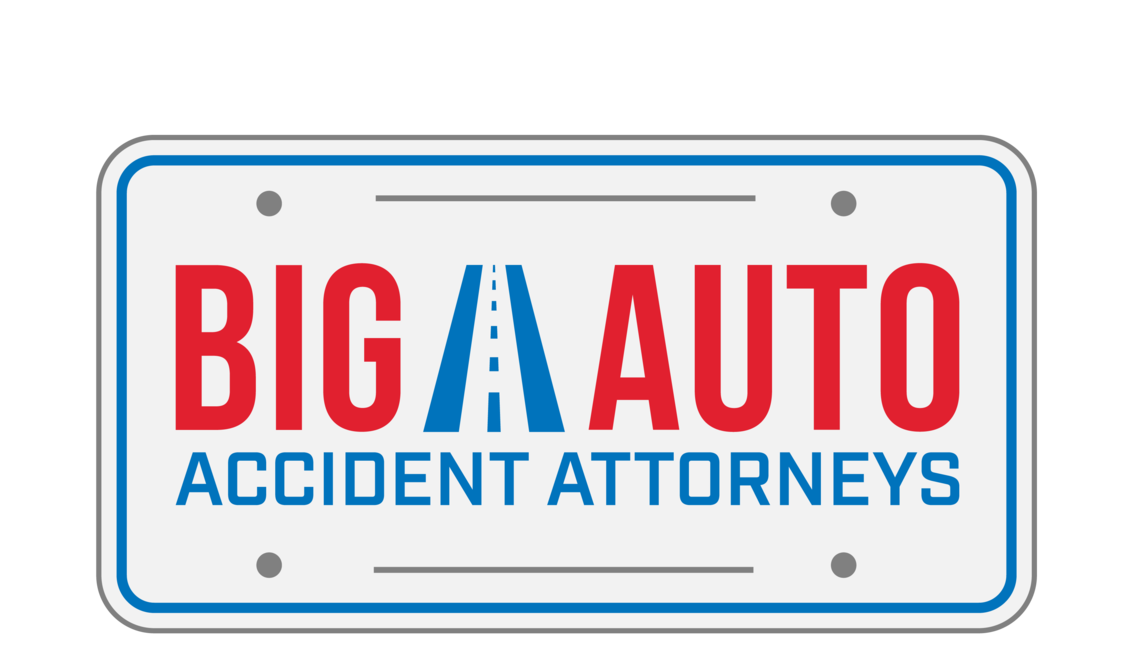Can I Sue After a Car Accident If I Was Not Hurt?
FREE CASE REVIEW FREE CASE REVIEW ⟶Personal injury lawsuits following a car accident are common, but can you sue if you didn’t suffer physical harm? Yes, you can, and in some cases, it may be the best way to obtain compensation. The first step is to understand what courts deem eligible for monetary damages, as this determines whether you have a case.

What Can You Sue for Besides Physical Injury?
Physical wounds aren’t the only type of injury a car crash can cause. The legal system recognizes mental anguish and emotional distress as deserving of compensation. It’s not uncommon for victims of a car accident to develop one or more of the following mental health conditions:
- Post-traumatic stress disorder
- Depression
- Anxiety
Individuals may also develop a phobia of driving. All of these can interfere with someone’s ability to work, socialize and feel safe.
You can also sue for property damage. If the collision damaged your car, home or other asset, you can seek legal compensation.
What Kind of Damages Can You Claim?
If you experience emotional distress due to a vehicle collision, you can claim compensation for the following:
- Lost wages
- Lost quality of life
- Medical expenses
- Lost enjoyment of life
Lost wages and medical expenses are the easiest to demonstrate, as you can present concrete numbers. Loss of enjoyment and quality of life are more challenging to quantify, but there are ways to present their effects in court. Testimony from a medical professional, along with documentation of your diagnosis, can be invaluable.
The more severe the impact on your life, the greater the awarded damages will likely be. For instance, life-long PTSD may be worth more than temporary anxiety.
Arguing for property damages is more straightforward. Due to the physical nature of the harm, there are plenty of ways to present evidence:
- Photographs of the aftermath
- Estimates for repairs
- Receipts for materials and labor
If the property in question is a vehicle, you can also request reimbursement for the cost of alternative transportation. If the property is a residence, and the damage rendered the structure temporarily uninhabitable, compensation for temporary housing may be on the table.
You may also be able to claim lost wages in specific circumstances. For example, if you drive for a ridesharing company, you’ll miss out on potential income while your car is in the shop. If you meet clients in a home office that sustained damage, you may ask for wages lost during the business interruption or the cost of renting a temporary office.
Finally, you can seek compensation for personal items damaged during the collision. If your laptop or smartphone was in the car and broke due to the accident, you can file a claim for it. This even extends to pets and vet bills, as animals are technically property.
When Should You Seek Legal Action?
In most auto accident incidences, the at-fault party’s insurance company will pay for the resulting medical bills and property damage. However, there are instances where legal action is the best course.
Suing the Driver
If the at-fault driver doesn’t have insurance, the courts may be the only way to get compensation. Unfortunately, even if you win, the defendant may be unable to afford the awarded damages. However, the courts can set up a payment method called garnishment, which comes directly from the defendant’s paychecks.
However, most car accident lawsuits involve insurance companies in some way. Typically, your insurer and the other driver’s insurer negotiate to determine which pays what. Both have their own lawyers and handle the paperwork and other details associated with settlement. Ideally, they agree to a fair settlement that covers all expenses.
Unfortunately, this isn’t always the case. If the other driver doesn’t have adequate coverage, you may still have bills after the claim payout. Insurance policies have payout caps; if the total cost exceeds the cap, you’ll have to seek redress directly from the other driver.
Suing the Insurer
In some cases, you may need to sue your own insurer. Your insurance company isn’t just responsible for paying other drivers — it should cover your medical expenses and damage to the vehicle if, say, you skid on a patch of ice and hit a lamppost. After all, that’s why you pay premiums every month.
Unfortunately, not every insurance company is willing to part with its cash. In fact, insurers make more money by not paying claims. Sometimes, this means facing unnecessary difficulties in getting your accident paid for.
The claims process is complex, and most people rely on their agents to handle the details. However, it shouldn’t feel like pulling teeth. Some companies create convoluted systems specifically to deter customers from pushing for their rightful payout. While a claim involving another driver can take months to resolve, 30 days is the average for a simple one. If you have to make multiple calls, can’t get clear instructions or otherwise get the runaround, it may be time to take the legal route.
Your insurance company may even deny your claim, forcing you to pay out of pocket. Insurers can legitimately deny claims under certain circumstances:
- Claimant drove illegally (while under the influence or without a license)
- Policyholder obtained coverage under false pretenses
- Property damage or injuries existed before the accident
- Policy doesn’t list the affected car
- Insured didn’t contact the insurer immediately after accident
However, insurers sometimes deny claims that are, according to their own criteria, eligible for payouts. You can fight this decision with a lawsuit. You can also fight a payout that doesn’t cover your expenses but falls beneath the policy limits.
Suing a Government Entity
Government entities are responsible for maintaining roads, designing intersections and keeping up with public landscaping needs. A pothole, badly engineered stoplight or overgrown bush can lead to a vehicle accident. Understandably, the victims may feel the fault lies with the entity that failed to fulfill its duties.
Unfortunately, suing any level of government is difficult at best. In most cases, government entities are immune to civil action. However, that doesn’t mean you can’t bring a suit — you just have to prove that it falls within the exceptions: Road conditions were unreasonably dangerous, or substandard designs directly caused the crash.
Why Should You Hire an Attorney?
If you want the best chance of winning your case, you need an experienced car accident lawyer. The defendant will likely hire counsel, putting you at a disadvantage if you don’t. Hiring an attorney is especially important if you’re going against an insurance company, as they retain highly skilled litigators who defend these cases regularly.
Your lawyer will do more than argue your case in court — attorneys can negotiate settlements, allowing you to avoid drawn-out litigation. Most lawsuits end in settlements, but you don’t want to accept a low-balled offer. Auto accident lawyers know what a fair offer is, ensuring you get adequate compensation.
Finally, your attorney will handle the minutiae of filing a lawsuit. You’ll remain in the loop and contribute evidence to the case, but the law firm will take care of filing motions and submitting paperwork, keeping that stress off your shoulders.
Where Can You Find an Experienced Car Accident Lawyer?
Big Auto helps clients claim their rightful compensation after a car accident. We’ve negotiated millions in settlements and can do the same for you. To schedule your free consultation, visit our website or call 1-844-244-2886.


